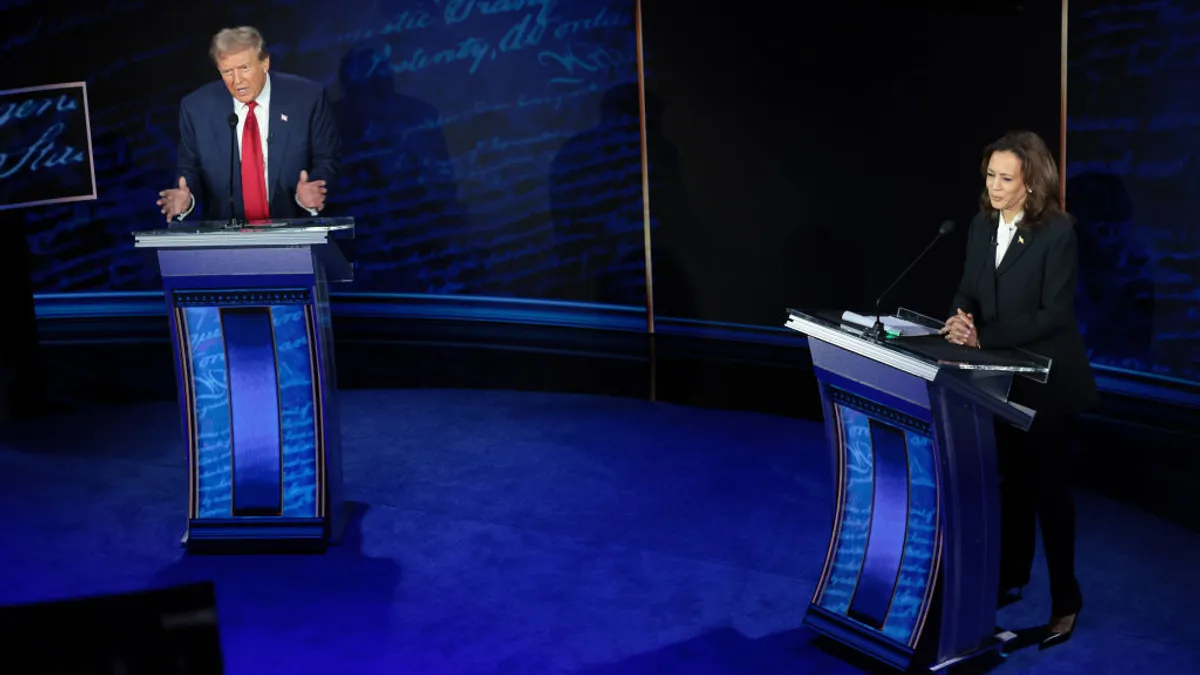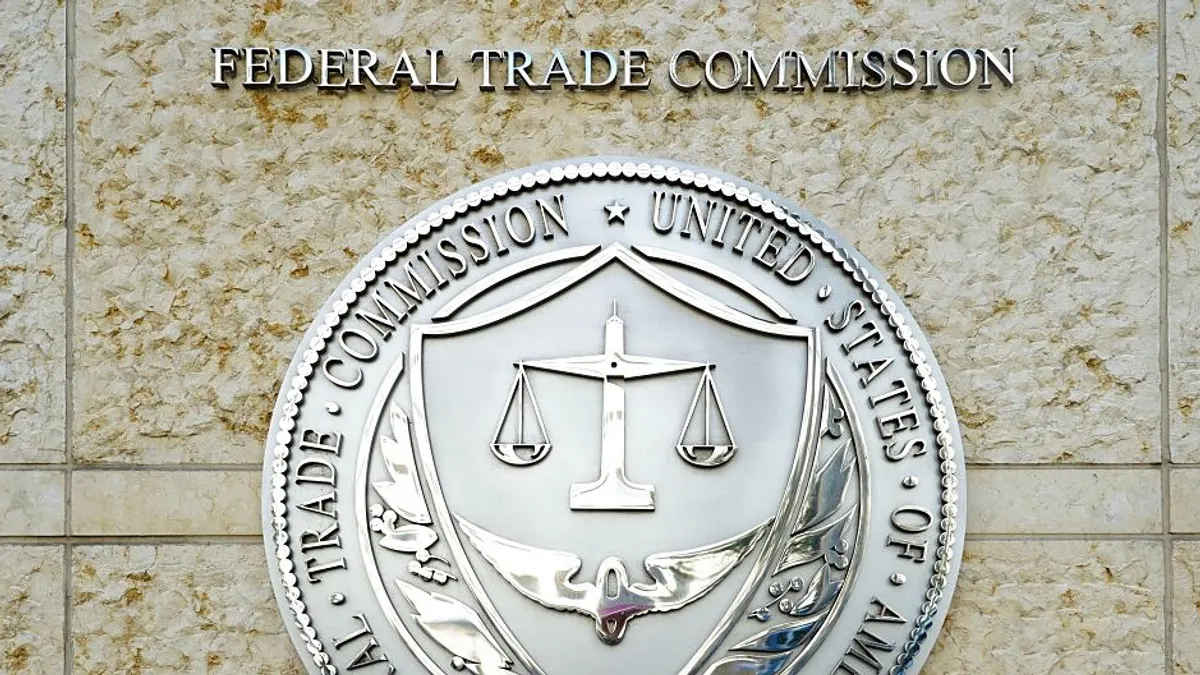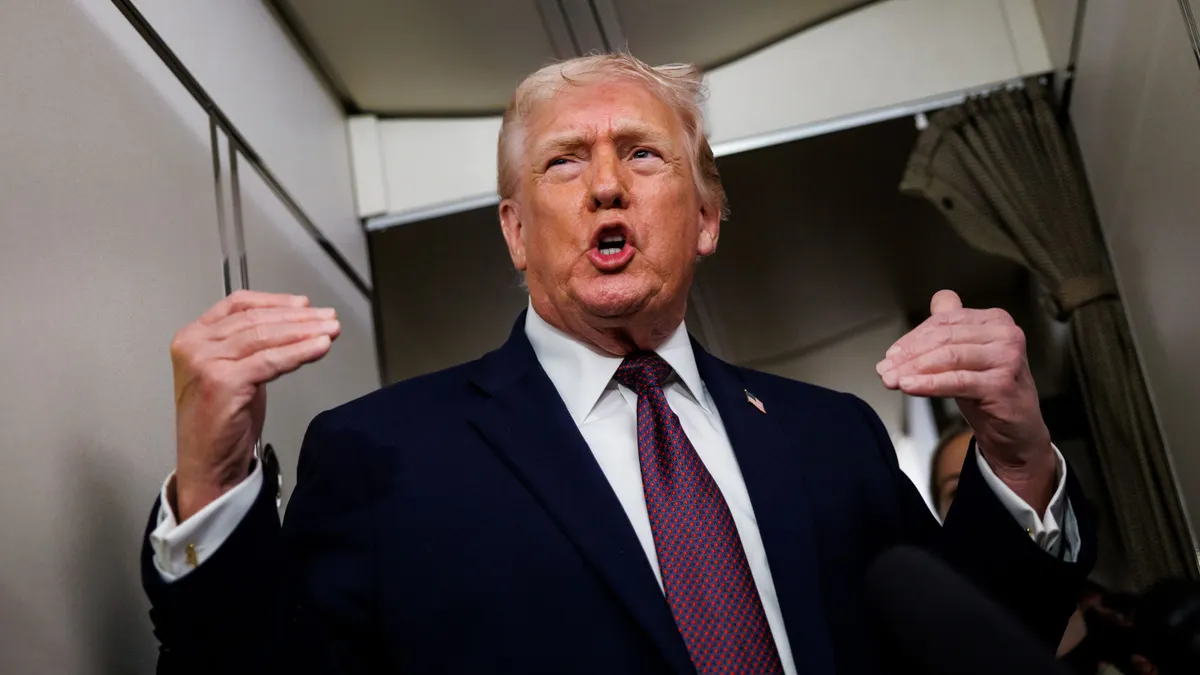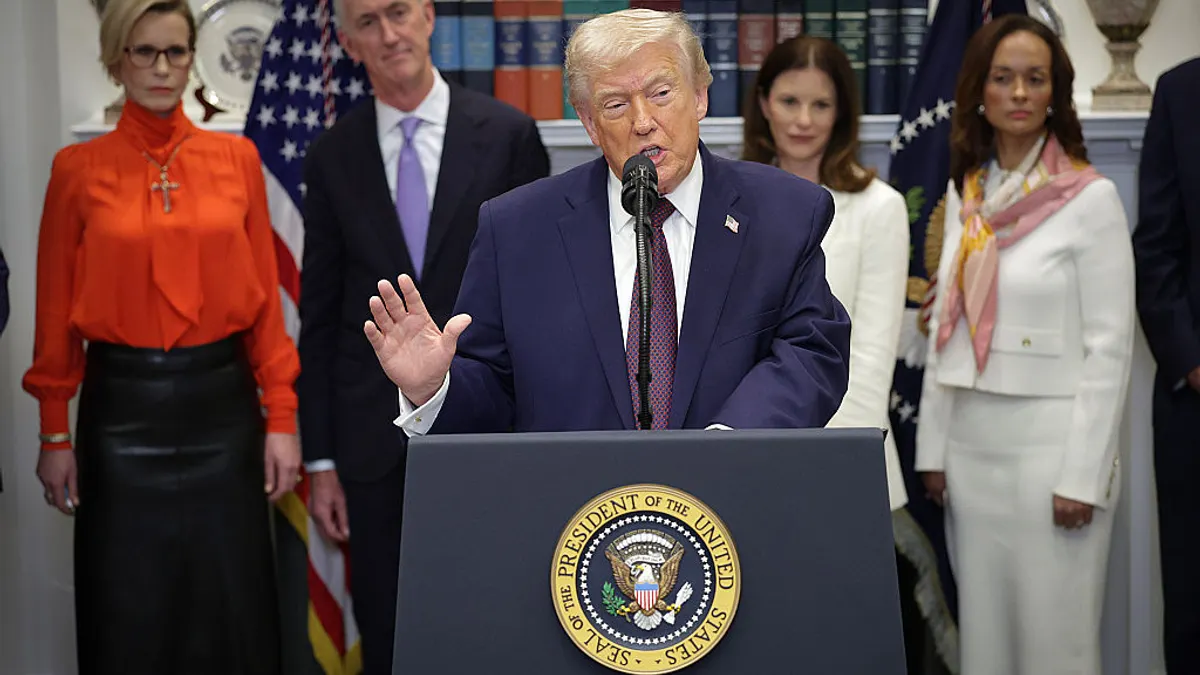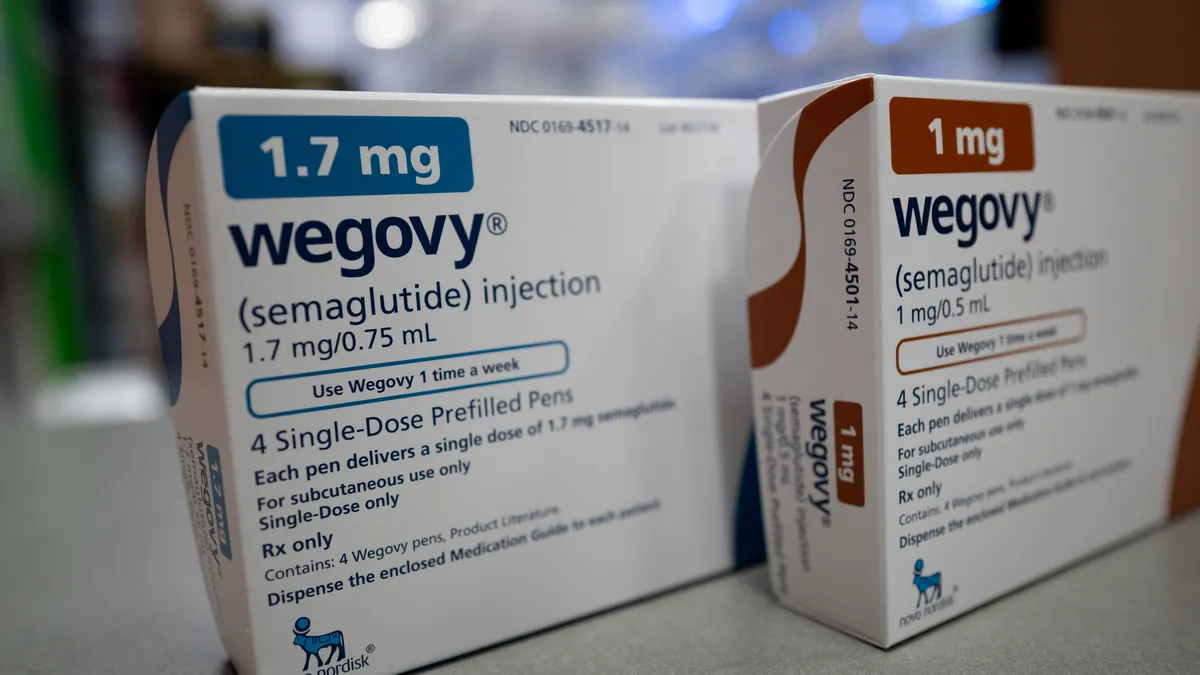With just a few weeks left until the election, Vice President Kamala Harris and former President Donald Trump are making their final appeals to the American public in their runs for the oval office. While Harris has sharpened her agenda, Trump has changed his stance on some of the pharma-targeting policies he previously supported.
In particular, Trump's publicly stated views are now more aligned with industry lobbyists looking to gut provisions of the Inflation Reduction Act, among them Medicare’s new authority to negotiate drug prices.
The pharmaceutical industry has vehemently opposed those negotiations, referring to them as equivalent to price setting and a threat to drug research. Yet their legal challenges have been rebuffed by the courts so far, allowing the process to move forward and the results of the first round of talks to go into effect in 2026.
Drugmakers, then, have a lot on the line in the coming election. Here’s where the two candidates stand so far on the issues impacting the sector:
Harris’ IRA expansion
As vice president, Harris cemented her support of Medicare’s price negotiating power when she cast the deciding Congressional vote to pass the IRA in 2022. Since announcing her candidacy, Harris has published more details about her policy goals and made public comments that provide further insight into how her presidency could impact the pharma industry.
Harris’ plan promises to expand several IRA policies, including the $35 monthly insulin cap and $2,000 annual out-of-pocket maximum for Medicare recipients to all Americans, even those with private insurance, while ramping up the speed of drug price talks.
In general, her plan outlines that she aims “to cover more drugs and lower prices faster.” She also doubled down on how she would use Medicare savings last week during an appearance on “The View,” stating, without details, that expanded savings from price negotiations could go toward Medicare’s coverage of in-home healthcare.
Despite that position, Harris has garnered significantly more financial backing from the pharma industry than Trump. Harris has received more than $5.3 million in campaign contributions from industry players in 2023 and 2024, compared to less than $900,000 for Trump, according to Open Secrets, which included contributions from drug manufacturers as well as other health product industry entities in its data.
Harris is also zeroing in pharmacy benefit managers, aiming to “crack down on pharmaceutical companies that block competition and abusive practices by pharmaceutical middlemen who squeeze small pharmacies’ profits and raise costs for consumers.”
Her stance has attracted support from billionaire investor Mark Cuban, who launched the drug company Cost Plus Drugs with the intent to bypass PBMs and offer discounted prices on generic pharmaceuticals. Cuban has pushed for insurers to ditch PBMs and called for price contracts to be made public. His alignment with Harris could signal her support for further PBM transparency, STAT News speculated.
Trump’s rising industry favorability
During his first run for president in 2016, Trump repeatedly vowed to lower prescription drug prices, including by giving Medicare the type of authority it now has under the IRA. Yet as Harris noted in their Sept. 10 debate, Trump never followed through, with many proposals either losing momentum or falling apart due to legal action. He’s since further aligned himself with positions favored by the industry lobbying group PhRMA.
For instance, Trump signed an executive order in 2020 for a “most-favored nations” policy designed to link Medicare reimbursement for certain drugs to prices paid abroad. The idea was decried by the pharmaceutical industry and, at the time, experts doubted it would have much of an impact, NPR reported.
Trump has since dropped support for the policy, his campaign confirmed to media outlets this month. The move falls in line with the position of PhRMA, the industry’s largest lobbying group with a budget of $16.9 million, according to Open Secrets.
“A ‘most favored nation’ approach to international reference pricing is tantamount to imposing price controls from other countries to the United States,” PhRMA president and CEO Stephen Ubl said during a media briefing last week. “So we remain opposed to that.”
Ubl added that PhRMA supports IRA provisions that reduce out-of-pocket costs for patients.
PhRMA also voiced support for Trump’s previous focus on PBMs. Trump once endorsed a plan to eliminate the rebate business structure, though he later backed away from it and hasn’t made PBMs one of his talking points on the 2024 campaign trial, according to The New York Times.
“We have been heartened by former President Trump's support before going after middlemen,” Ubl said during a panel last week. “He was really the first policymaker to take this issue seriously and try to essentially outlaw rebates, which we believe should be making their way to patients at the point of sale.”
It’s also unclear whether Trump would try to repeal Medicare’s pricing power should he win a second term. He has taken aim at the environmental provisions within the IRA, but has not clarified his position regarding policies that impact pharma.
However, Project 2025, a proposed blueprint for the next Republican administration published by the conservative group The Heritage Foundation, calls for a complete repeal of the IRA’s drug pricing provisions. Although the Harris campaign maintains that Trump plans to implement much of Project 2025, Trump has publicly distanced himself from the controversial document.



